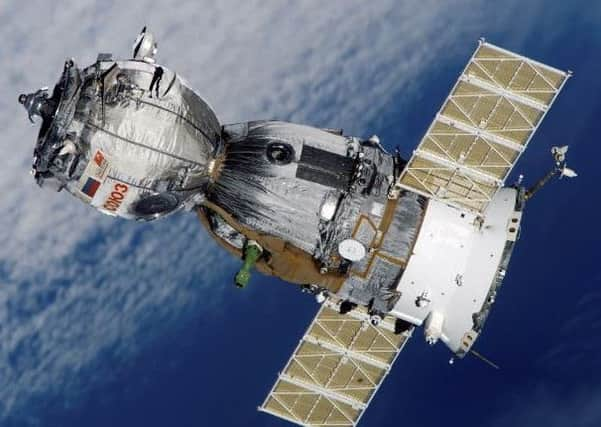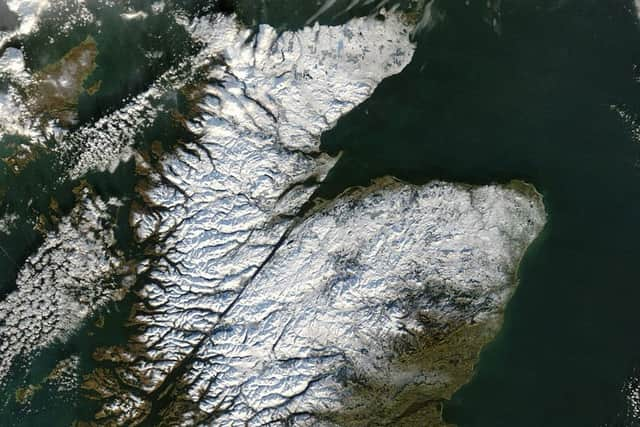Scotland is a '˜space hub' for Europe


More than 7000 people are employed in the sector, 18% of the all of the UK’s space industry jobs.
It is claimed that the space industry is worth more than £130 million to the Scottish economy and in the last two years, Glasgow has built more satellites than any other European city.
Advertisement
Hide AdAdvertisement
Hide AdOne of the pioneering companies in the city is Alba Orbital, who yesterday, released what they claim is the world’s cheapest, lightest and smallest satellite.


Unicorn-1, weighs just half a kilo and is a similar size to a can of cola.
Tom Walkinshaw, founder of Alba Orbital, believes that Scotland is punching above its station in terms of jobs in the industry.
Speaking to the National, he said: “This is a new story and one that is not well spread yet. In time people will start to recognise Scotland and Glasgow is the place for space.


“The more companies like us bang the drum and move the needle forward, the more people will be drawn to it.”
He added: “I couldn’t get a job and didn’t want to move away. I had to start a company.
“There are no direct competitors for what we are doing. We are the largest company in the PocketQube world. We want to build more satellites than any other company because ours are very small and very prime for mass production. We could definitely build a lot – hundreds if not thousands a year.”
